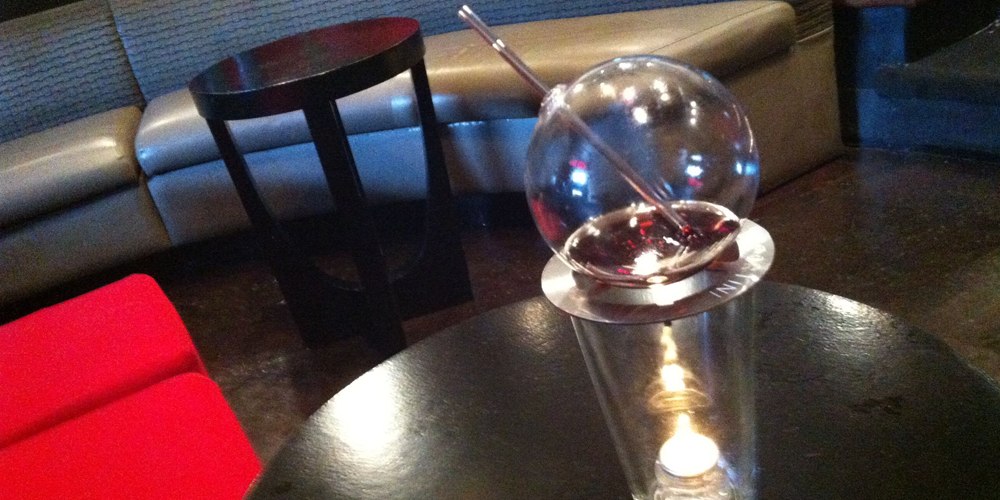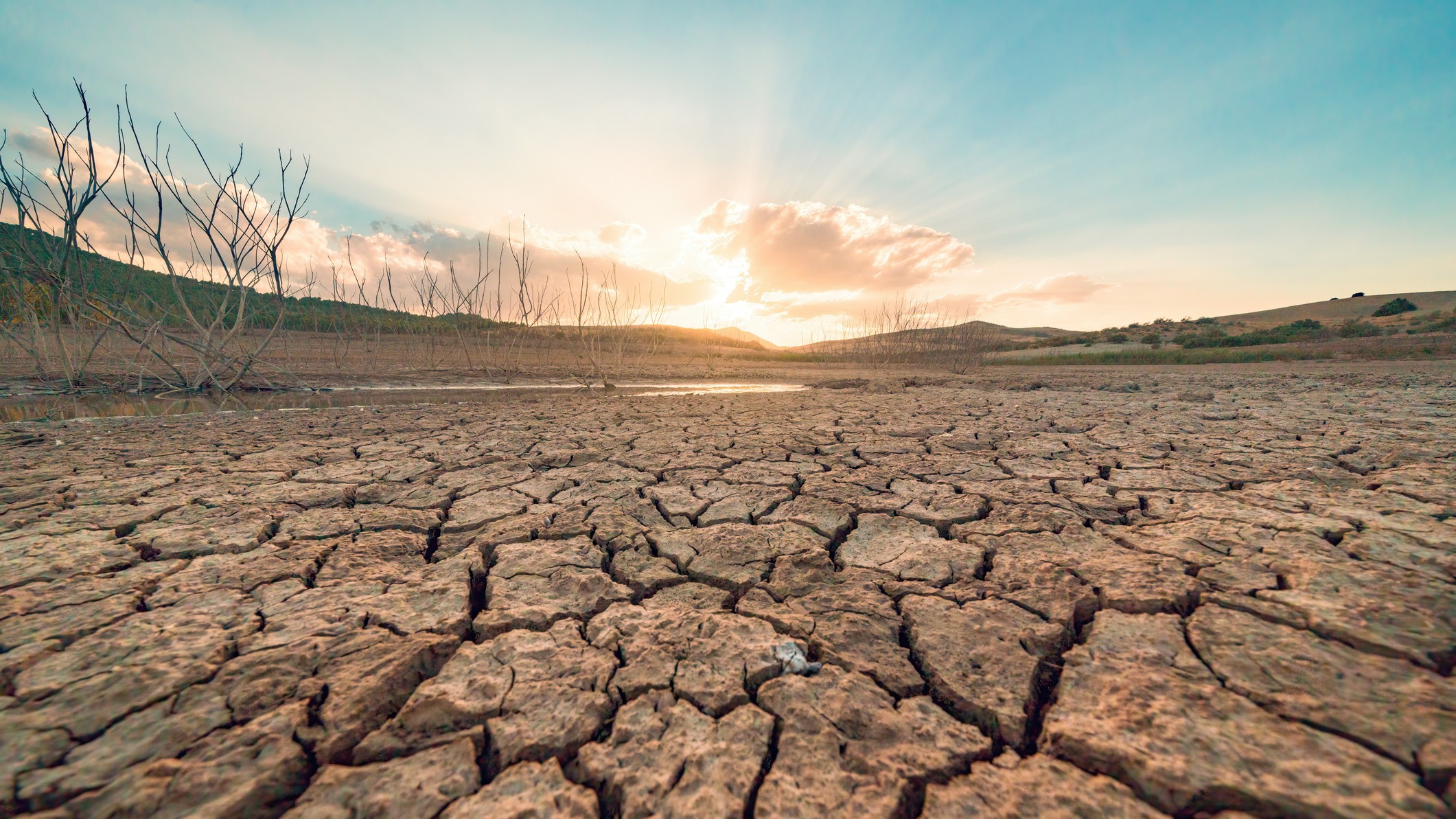Vaportini Makes Alcohol Inhalable

Drinking a glass of Scotch, bourbon or gin will become a thing of the past if the makers of the Vaportini have their way.
The $35 device, first offered for sale last month, resembles nothing so much as a glass bong. Users simply light a small votive candle at the base of the Vaportini and pour a shot of alcohol into a globe at the top. Within minutes, the globe fills with alcohol vapors, which users then inhale into their mouth through a glass straw, according to TimeOut Chicago.
When inhaling fine liquors, one user was "frankly amazed at how well the flavors of the liquor carried over," reports the Huffington Post. But while the Vaportini might win raves from boozy users, doctors and law enforcement officials are considerably less enthusiastic.
"To my knowledge, there have been no human studies on the effects inhaling alcohol," Dr. Thomas Greenfield, director of the National Alcohol Research Center in Emeryville, Calif., told the Daily Mail. "Certainly, in lab rats, they have experimented with vapor chambers, and the animals experimented upon have high levels of intoxication and addiction."
Medical experts have also noted that food in the digestive system can slow the absorption of alcohol by the blood stream when people drink an intoxicant. However, the Daily Mail reports, alcohol inhaled into the lungs goes directly into the blood stream, causing very rapid intoxication and a high potential for alcohol abuse.
The Vaportini has drawn comparisons to an older device known as AWOL, or Alcohol Without Liquid. That contrivance, which also resembles a bong, first went on sale in the United States in 2004, but is now banned in over 20 states, according to the Daily Mail.
Follow LiveScience on Twitter @livescience. We're also on Facebook& Google+.
Get the world’s most fascinating discoveries delivered straight to your inbox.



